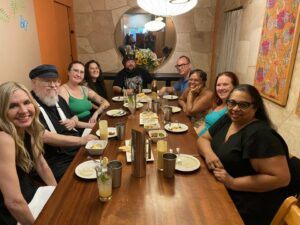Recent revelations on ghostwriting, using metrics for good, rain gauges, gardening, JD Vance’s memoir, the real meaning of “bemused” and whether everyone has one great novel or flower arrangement in them.
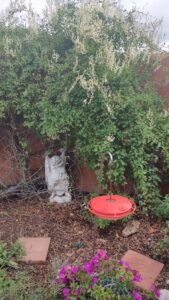
RITA ® Award-Winning Author of Fantasy Romance
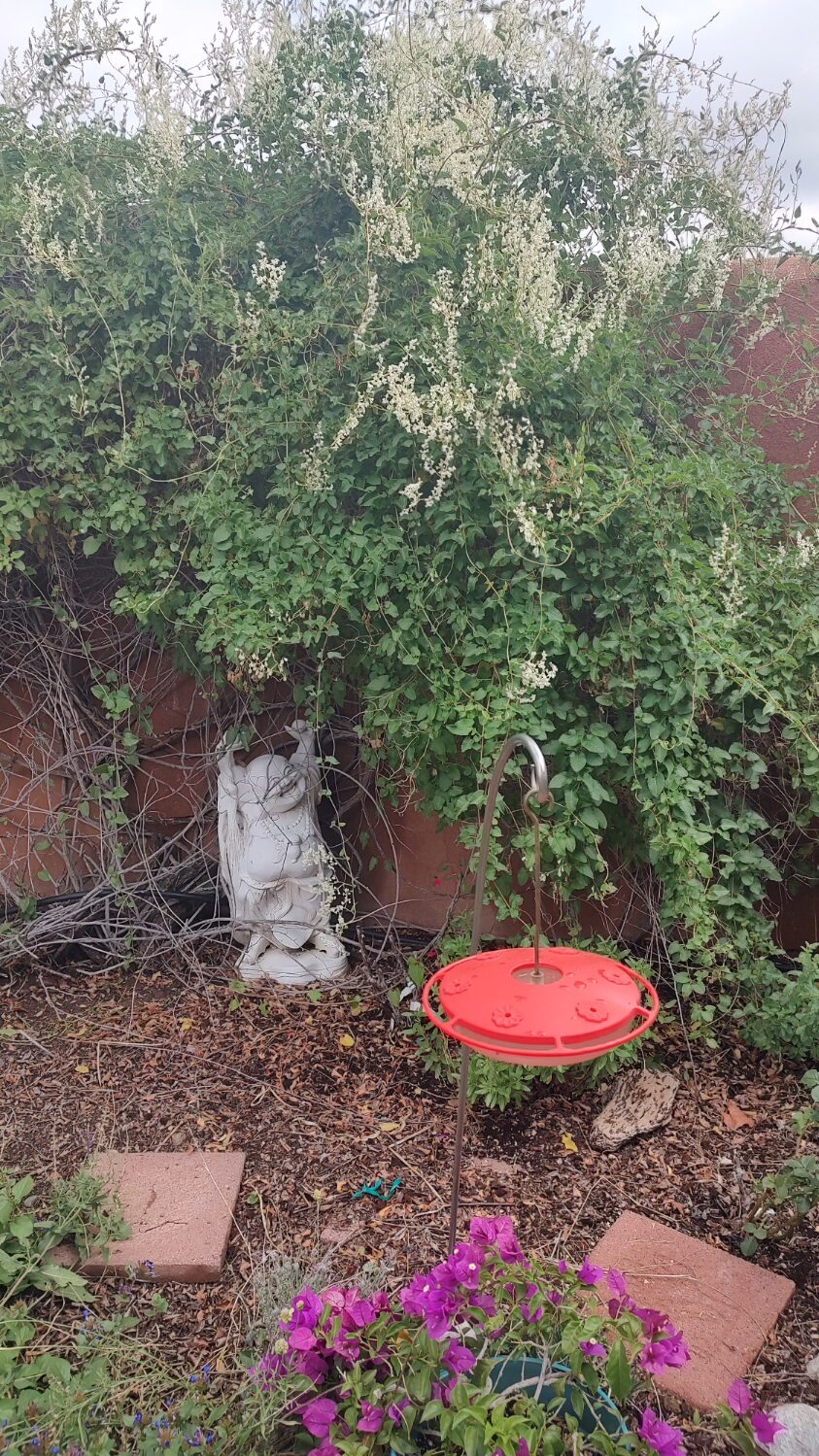
Recent revelations on ghostwriting, using metrics for good, rain gauges, gardening, JD Vance’s memoir, the real meaning of “bemused” and whether everyone has one great novel or flower arrangement in them.

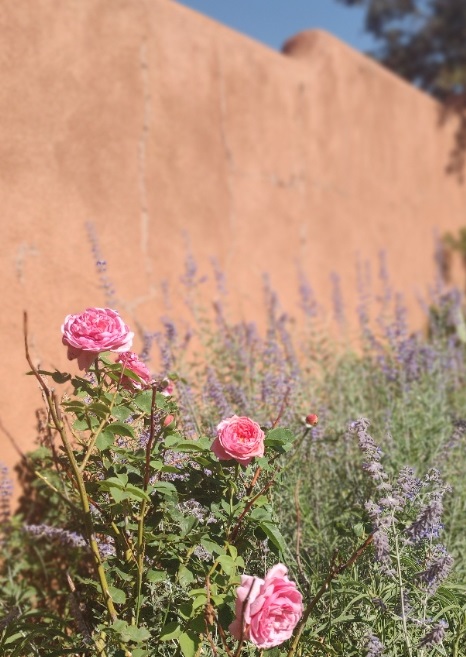
How traditional publishing deadlines work – and how I’m balancing one of mine with a self-published project. Also, homonyms and how you really need a human being to catch those errors for you.

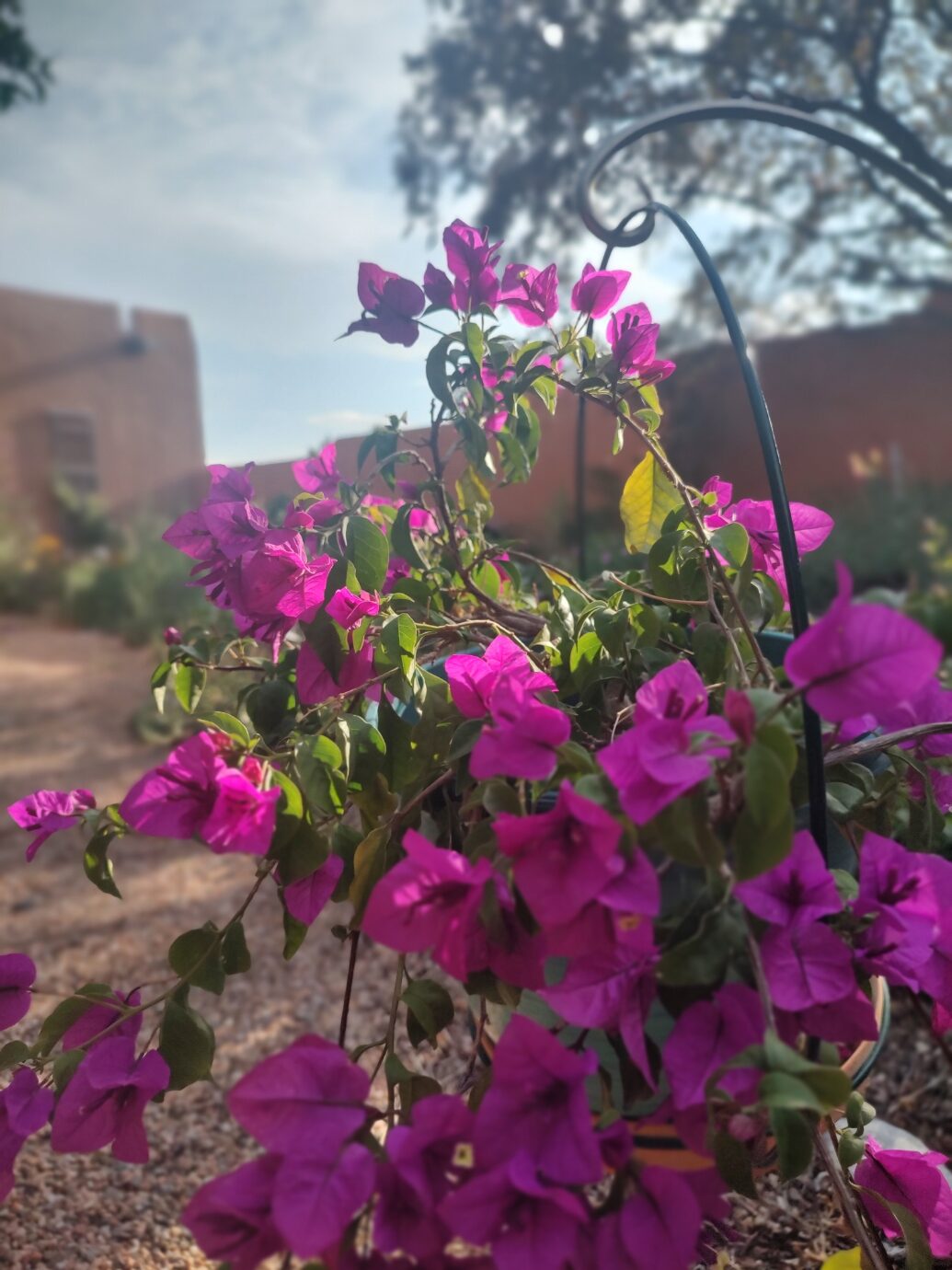
Envy and jealousy, especially professional jealousy and how to combat them. I’m talking negative emotions in general and offering my two go-to tips for how to diffuse professional jealousy in myself and make it a positive.
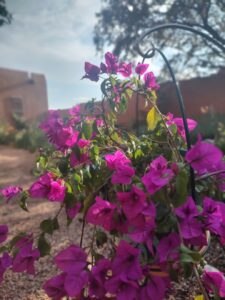
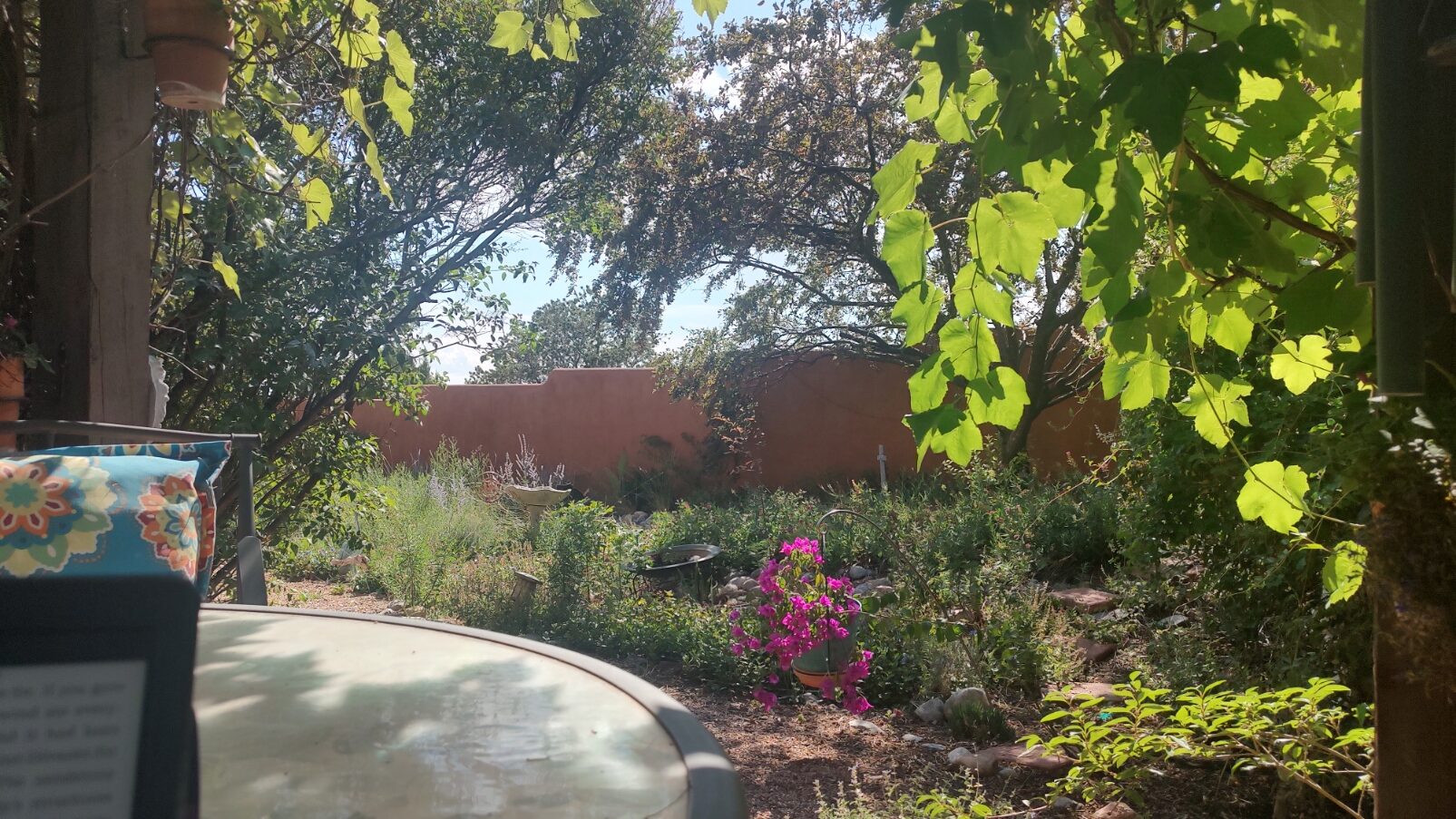
A peek at my “map scrap” for NEVER THE ROSES, updates on ARCs, and endorsement quotes as another new-to-me term. Also, not taking other people so seriously and the internet as a weapon against loneliness.
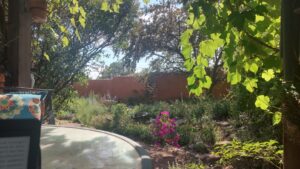

Why I fell off the face of the earth (or at least, the internet) this week and what I’ve been doing. Also a peek at the gorgeous box and hardcover edition of BENEATH THESE CURSED STARS by Lexi Ryan!

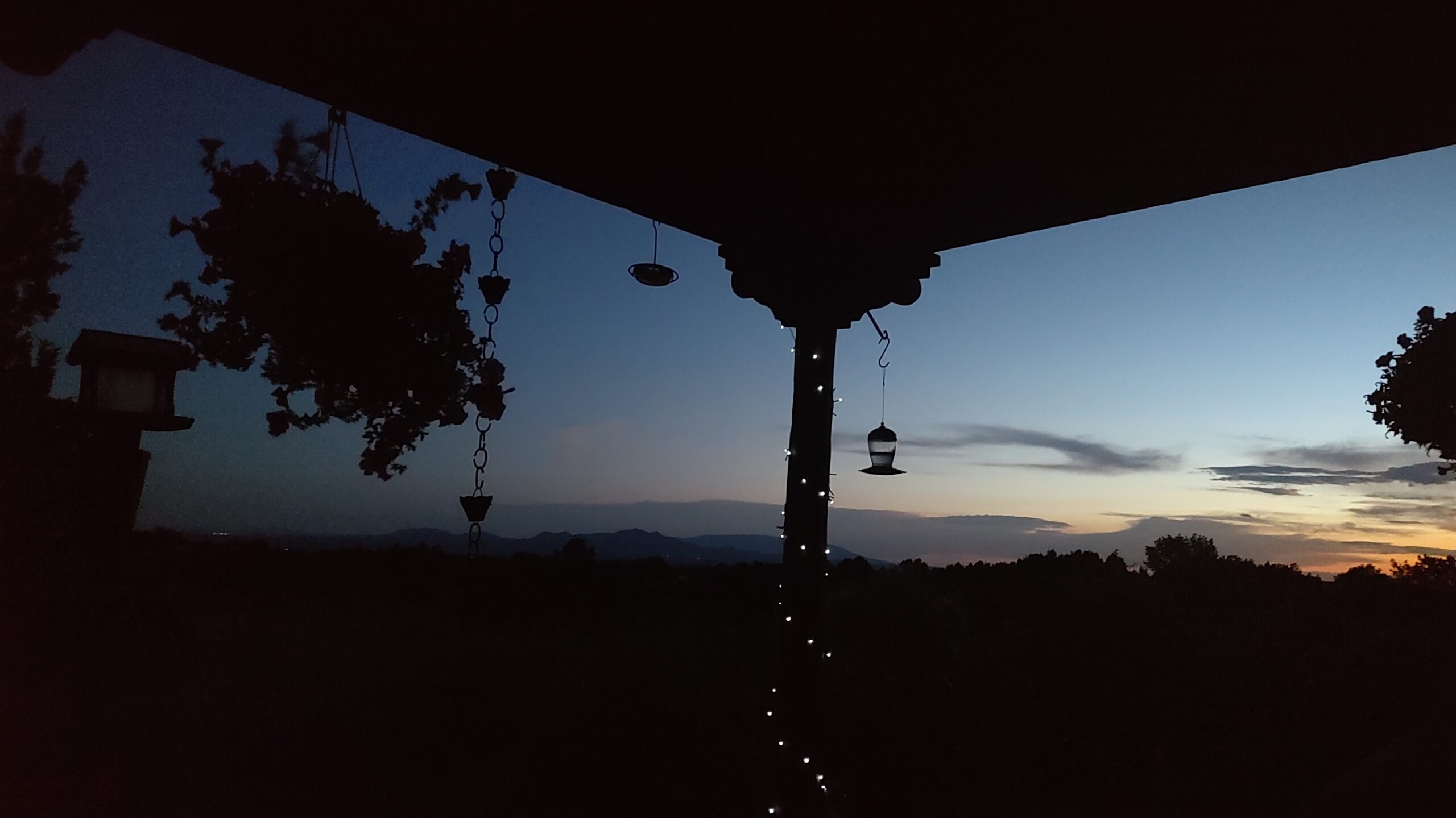
How gardening is a great metaphor for life and creativity – accepting loss and treating that as an opportunity to plant anew, embracing change, and giving up control. Also, ways to be kind to ourselves.

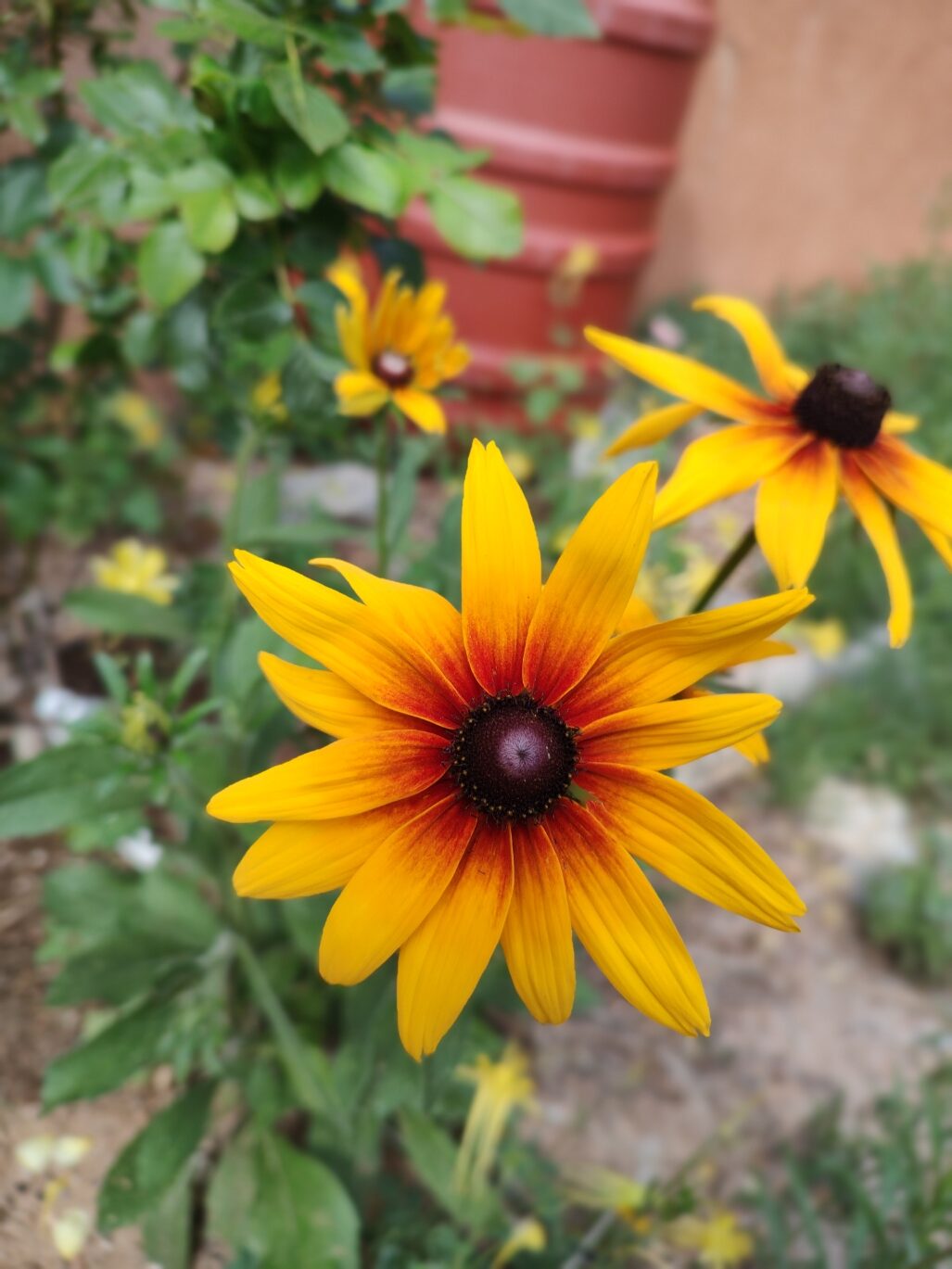
On having shining boundaries to protect your sacred, creative spaces, even if it makes people angry, which it will. Also, gardening as an extended analogy for writing, how we keep learning and recreating.

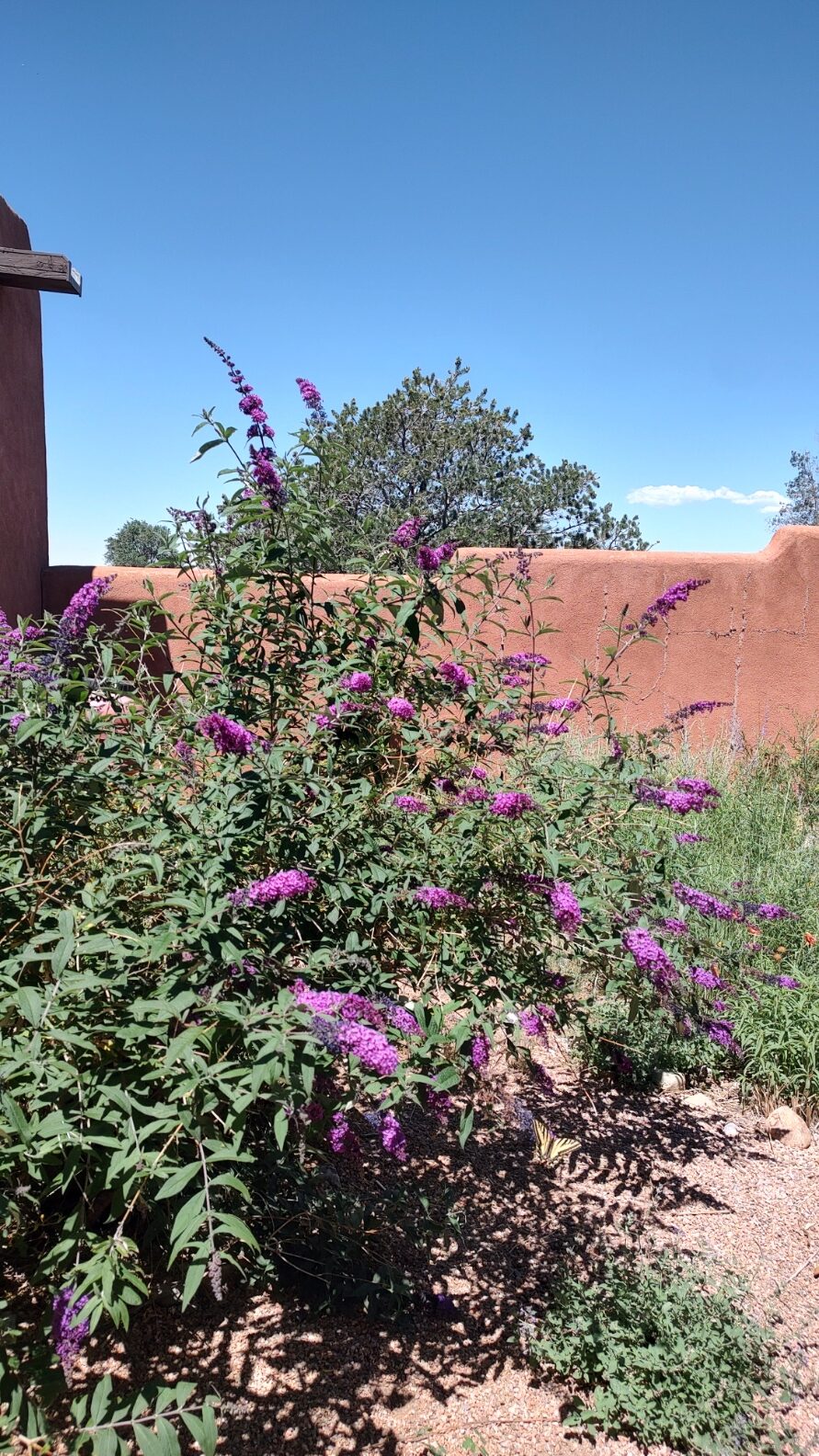
On knife-throwing and yoga – and why the process is the most important part, not the goal. Also, “rules” for submitting to traditional publishing, talent vs. discipline, gardening, and having the bandwidth to take on new projects.

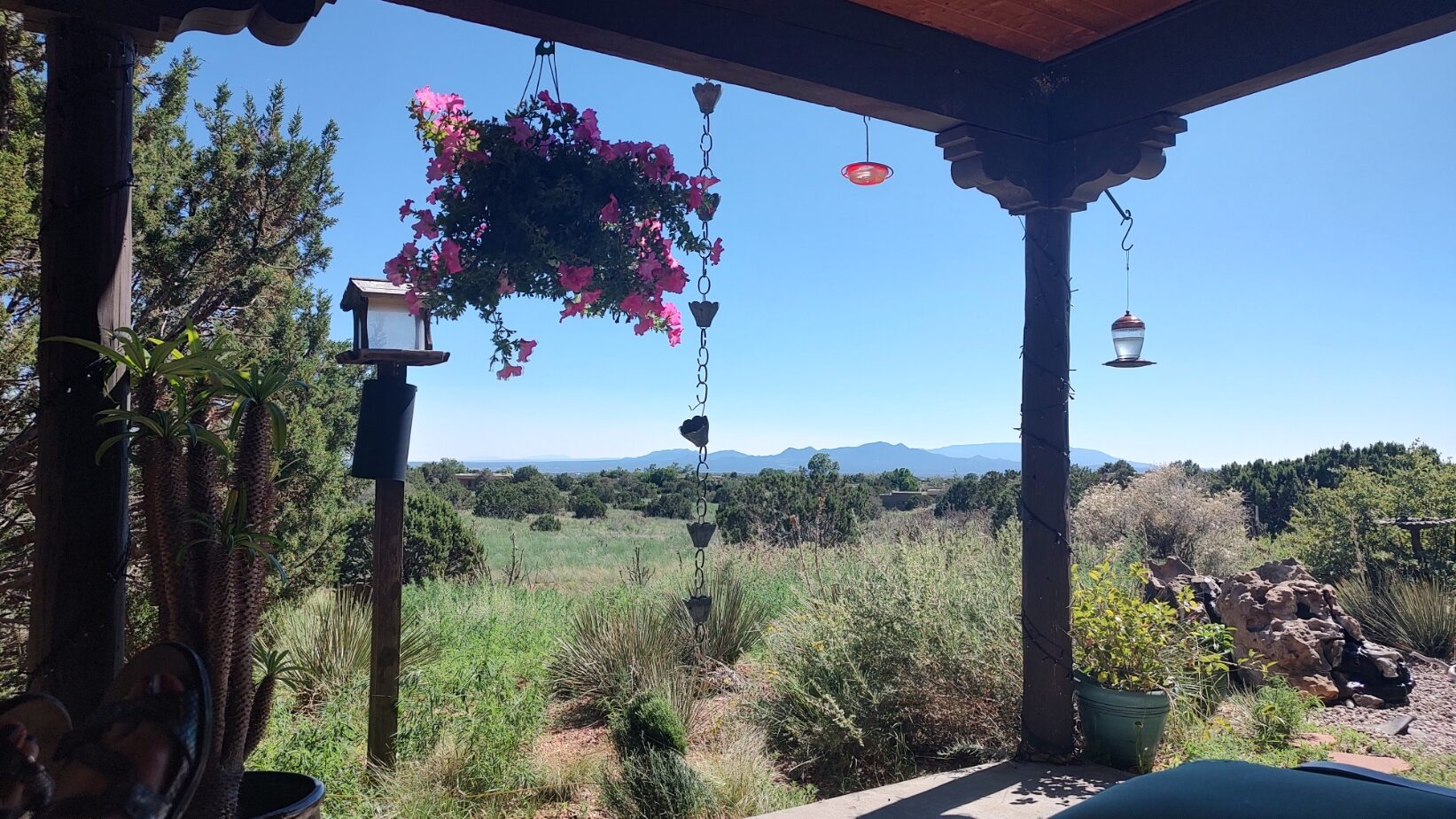
My experience so far with putting a Romantasy series in KU and plan to have RELUCTANT WIZARD wide for preorder and into KU on release day. Also thoughts on patriotism, politics, and diverse reading.
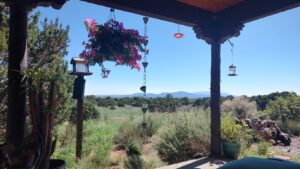
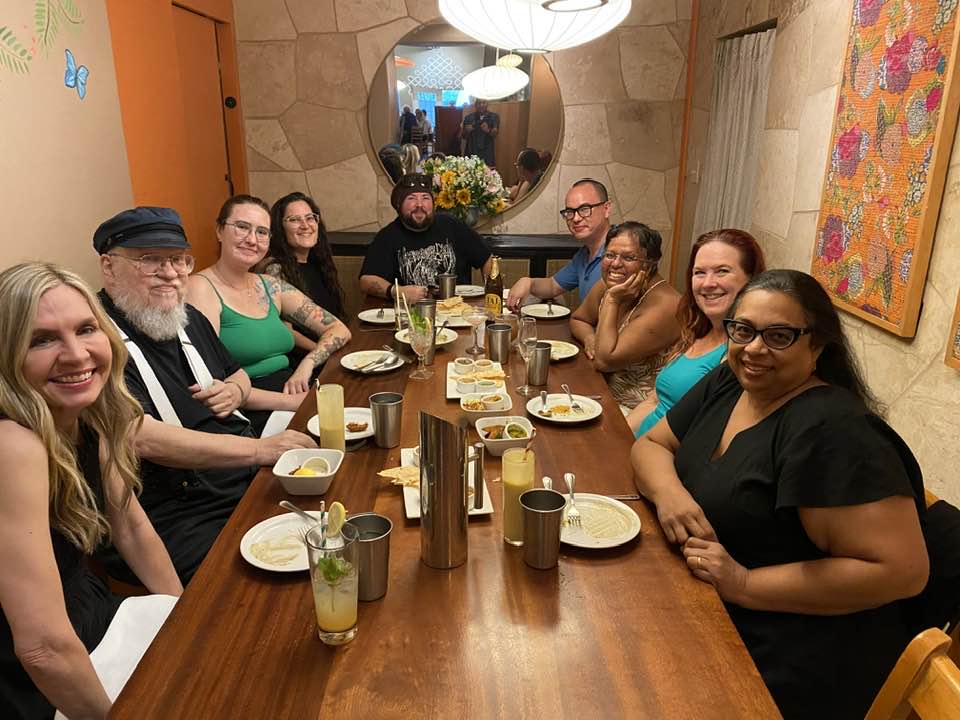
A round-up of my very fun weekend with visiting writers and local ones, our wide-ranging conversations, giving and valuing advice, being a caretaker and having friends care, and also coaching from me at Romancing the Vote!
